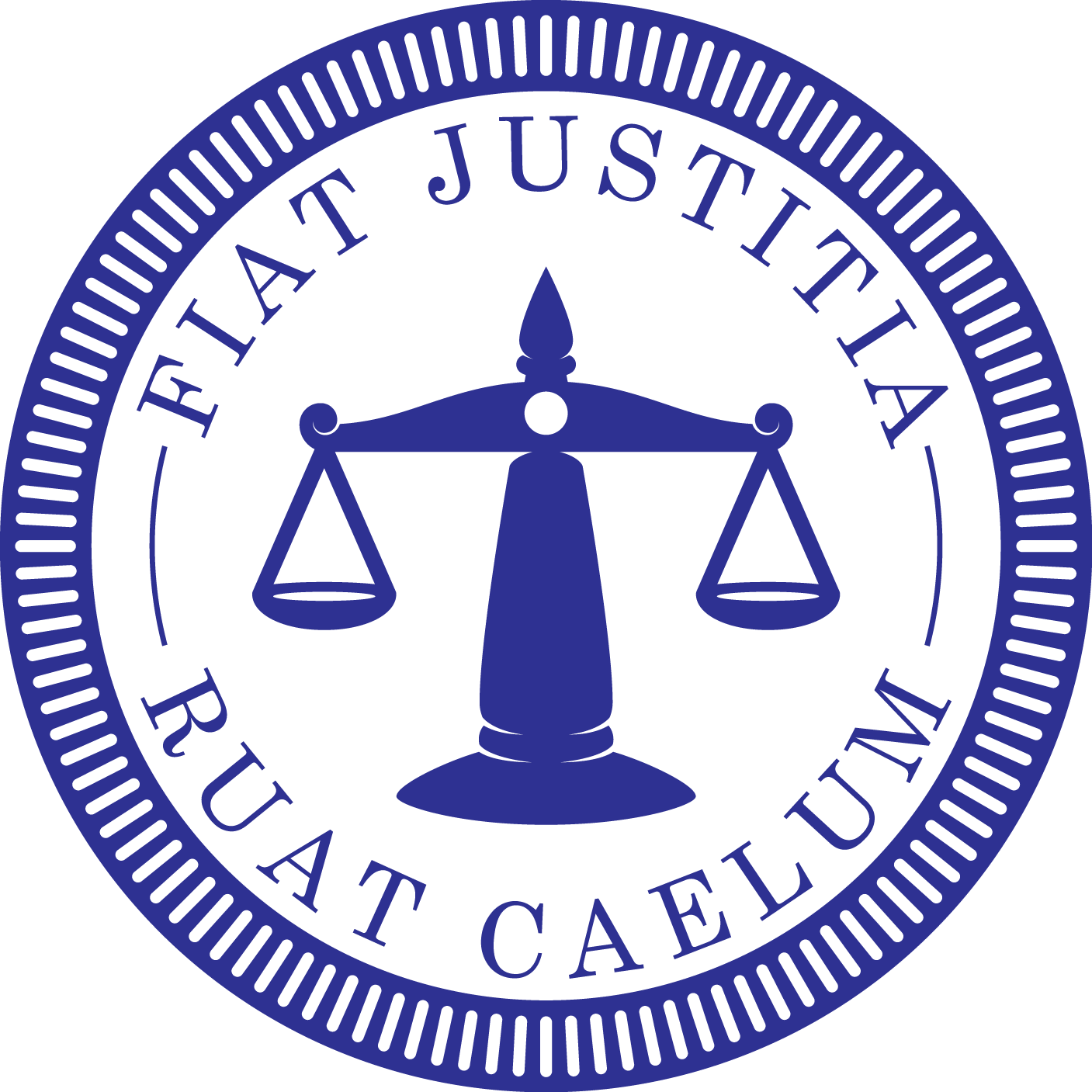But that still doesn't explain Texas
Walter over at Point of Law mentioned a paper by Professor Martin Grace about why insurance rates don't drop when tort reform is enacted. From Professor Grace's own site:
How Tort Reform Affects Insurance Markets by Martin F. Grace, Robinson College of Business, Georgia State University & J. Tyler Leverty, Henry B. Tippie College of Business-University of Iowa
Consumer advocates are always saying things like tort reform just benefits insurance companies and we know this because premiums never fall after tort reform (see here for example). The paper notes that since 1985 some 40 out of 148 tort reforms are judicially overturned. Rational insurers should price liability insurance based on the likelihood that tort reform will "stick" rather than merely on the presence of a law which has some probability of being declared unconstitutional. The paper replicates earlier work which suggests premiums do not fall and then shows that if one controls for the likelihood of the reforms' survival, that for the most part loss are lower, premiums, are lower, loss volatility is lower, and more firms enter the liability insurance lines when the reform is expected to stick. Also, some guy in the audience accused us of reverse engineering the result. I didn't get mad about it until about two hours later. So there were no snippy ripostes to report.
I haven't read the paper yet, so this is more of a rhetorical question that the paper may or may not address. Texas wrote its 2004 tort reform into the constitution - there's no chance it won't stick. So why is this the case:
Medical Malpractice Payouts dropped from the 37th lowest in the country in 2003 to 47th place in 2006 . According to the National Practitioner Data Bank, the average Texas medical malpractice payout was $169,884 in 2006. The national average payout that year was $308,706.
Insurance premiums did drop for Texas doctors. According to TDI, the state’s largest insurer of doctors, The Texas Medical Liability Trust, dropped its rates 31% between 2004 and 2008, but that's after the rates had jumped up 148 percent between 1999 and 2003. Insurance rates have come down, but not by nearly as much as they had previously increased.
MyFox Dallas | News Station Investigation: Tort Reform Benefits Questioned
Could it be that insurers aren't passing on all the savings from tort reform to doctors, but are instead keeping some of the savings as profits? Or could it be that other factors, unrelated to the tort system but blamed on it have been increasing insurer overhead? I suspect a bit of both.

